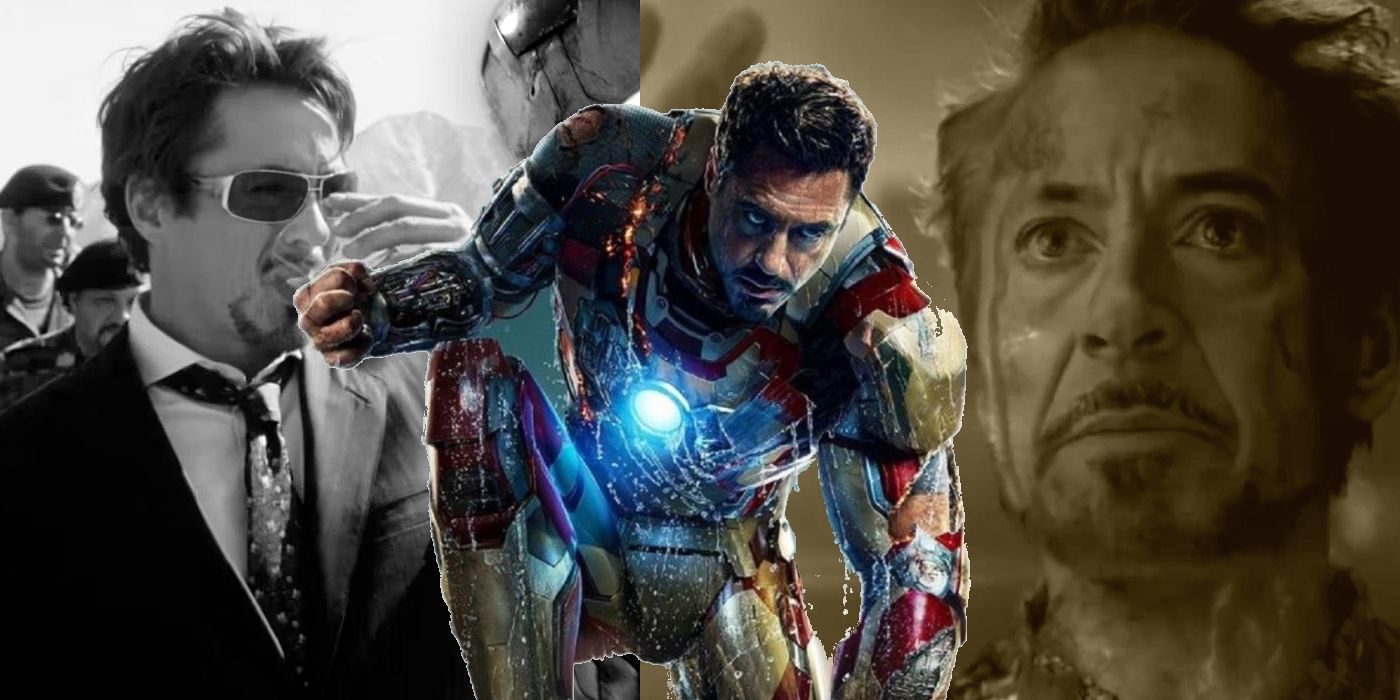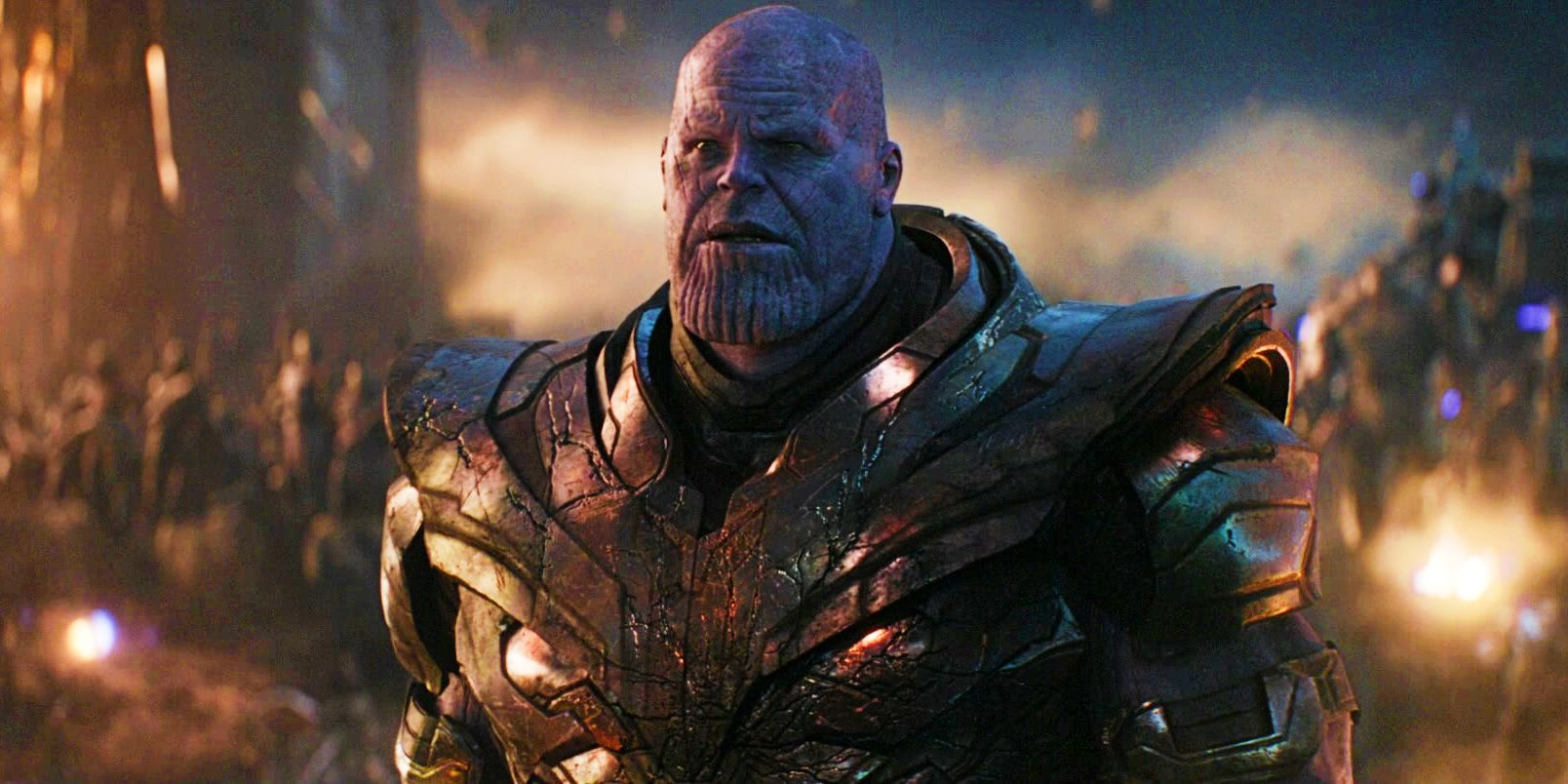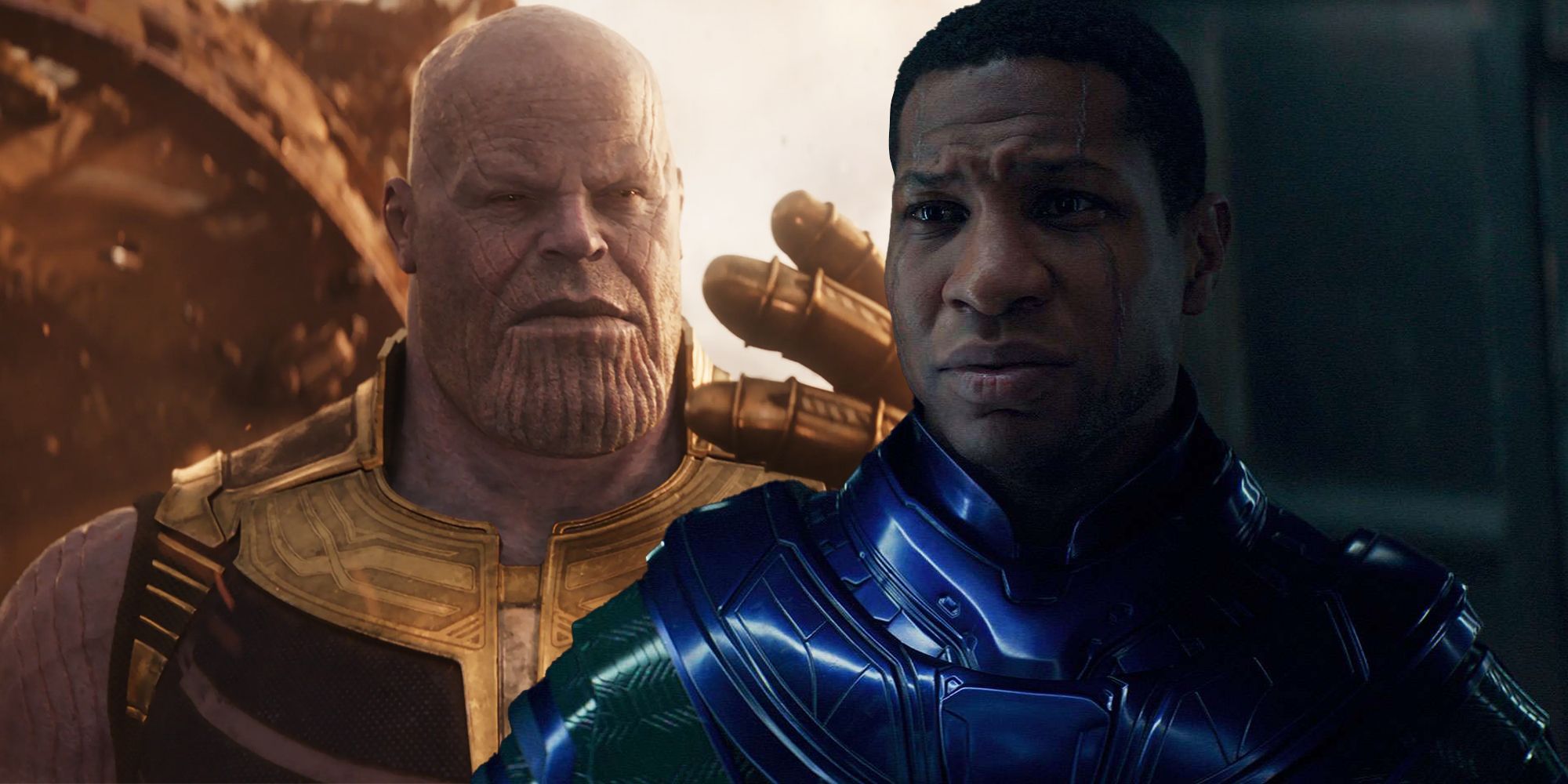The MCU began with a careful balance of spectacle and immersion – but Thanos tipped the balance, and the Multiverse Saga is making things worse.
He may have been a compelling villain, but Thanos broke the MCU‘s power levels – and Marvel will struggle to fix the problem. The Marvel Cinematic Universe is undoubtedly one of the greatest success stories in the history of Hollywood. It’s easy to forget, though, that it was originally seen as something of a gamble. Marvel had long since sold the film rights to their A-level heroes, Spider-Man and the X-Men, meaning they were stuck with the second-tier heroes who were left. According to film historian Ben Fritz, Marvel convened focus groups of children to find out which superhero’s toys would interest them. The children overwhelmingly chose Iron Man as the most interesting hero – and so Iron Man became the foundation of the MCU.
Marvel’s shared universe model was a risky one, especially as the flourishing franchise built up to the release of The Avengers in 2012. If The Avengers had failed, the MCU would have collapsed like a house of cards; but the movie grossed over $1.5 billion worldwide, and the MCU’s future was secured. The scale of the action increased over the next few years, culminating in the spectacle of Avengers: Infinity War and Avengers: Endgame – two movies that, combined, grossed almost $5 billion worldwide. And yet, as tremendous as those two blockbusters were, they changed the shape of the MCU in a subtle way – one that continues on into the current wave of films and Disney+ TV shows, and may yet prove fatal to the whole shared universe.
RELATED:MCU Theory Reveals Scarlet Witch Has Already Set Up Avengers: Secret Wars
The MCU Began By Balancing Immersion With Spectacle
The Marvel Cinematic Universe began with a careful balance of immersion and spectacle. Iron Man’s MCU story begins with a version of his origin story that was carefully rewritten to fit with life in 2008; it’s no coincidence Tony Stark was kidnapped in Afghanistan, and the Ten Rings terrorist group was initially patterned after al-Qaeda. Events escalated, of course, becoming ever more spectacular; but they remained grounded in real life, ensuring the stories were immersive. When Marvel introduced Thor, they did so in a story in which he was banished to Earth. When Steve Rogers awoke in the present day, he burst out of a SHIELD hospital and emerged in Times Square, a familiar sight from modern New York. Marvel Comics had always set their stories in “the world outside your window,” and Marvel Studios followed suit with the MCU.
The deliberate balance of immersion and spectacle is perfectly demonstrated by The Avengers – because the Avengers assembled to repel a Chitauri invasion in New York. A portal opened over the New York skyline; insectine aliens crawled over skyscrapers, and monstrous creatures soared through the heavens before being brought down on the city’s streets. The stakes were higher than ever before, but it remained grounded in the familiar, with the Avengers spending as much time protecting innocent bystanders as they did fighting Chitauri. This was the secret of The Avengers‘ success; the alien invasion was a spectacular event, but it was grounded in the familiar and the everyday.
Thanos Has Set The MCU On A Pattern Of Power Creep
The problem, though, is that Thanos changed everything. Spectacle trumps immersion in Avengers: Infinity War and Avengers: Endgame; viewers are not immersed because of the recognizable world the action takes place in, but simply because these films were the culmination of a decade’s worth of build-up. The Avengers first battled Thanos on his homeworld Titan, and there’s no real sense of scale to the fight; Thanos’ feats are impressive, as he literally tosses a moon at the Avengers, but there’s nothing to ground them. The action moves to the Wakandan jungle; it’s true viewers had come to care a great deal about Wakanda thanks to the success of Black Panther, but it’s worth noting Marvel seemed surprised at the extent of that emotional connection.
But Avengers: Endgame went furthest, with a degree of spectacle that’s currently unsurpassed in the MCU. The climax of a decade of storytelling, the final battle featured almost every superhero introduced into the MCU to date. But the entire area was leveled into a barren wasteland before the battle began, meaning there’s absolutely nothing to give a true sense of scale. How tall has Giant-Man grown during Avengers: Endgame‘s final battle? Tall enough to punch a Leviathan; but how big is a Leviathan? To answer that question, viewers would need to go back to The Avengers, and compare the flying creatures to New York’s skyscrapers.
RELATED:Avengers: Secret Wars Could Use Endgame’s Original Ending (But Better)
The Avengers’ battle against Thanos committed the MCU to a model of power creep, one where spectacle would become more important than immersion. Viewers naturally assumed the only way the MCU could continue was to one-up Thanos, and it wasn’t long before Marvel Studios president Kevin Feige was announcing the Multiverse Saga. Kang the Conqueror is expected to be the Multiverse Saga’s main villain, and the main debate in the fanbase is whether or not he can exceed Thanos. What’s more, the Multiverse Saga is already confirmed to be building up to Avengers: Secret Wars – a film inspired by comics where variants of heroes from across the multiverse teamed up. The title alone promises a third-act battle that is bigger, more spectacular, than even Avengers: Endgame. This is what power creep looks like; every story needs to be bigger than the last, every villain more dangerous, but the spectacle comes at the cost of immersion.
Can The MCU Escape The Power Creep Trap?
Marvel has clearly already fallen into the power creep trap. Making matters worse, it’s already clear viewers not expect power creep in the MCU, and won’t be satisfied with anything less; complaints about the lack of narrative momentum probably explain why Marvel chose to announce the Multiverse Saga and reveal their Avengers: Secret Wars plans in the first place. The MCU has committed to this approach for the next few years, and it won’t really be possible for a pivot until 2026. When the dust settles from the Multiverse Saga, Marvel would be wise to take a different approach; to challenge audiences to accept a scaling-down in power and spectacle, so the stories can become more grounded again. Such an approach would surely be controversial, but it would make for better storytelling, and it would give the MCU a fresh boost in terms of immersion. It remains to be seen whether Marvel can pull this off.











